articles
China Elevator Stories
Speaking Chinese, Living Chinese: A Foreigner’s Perspective
I have moved back to China at the end of March.
30/04/2025

Ruth Silbermayr
Author
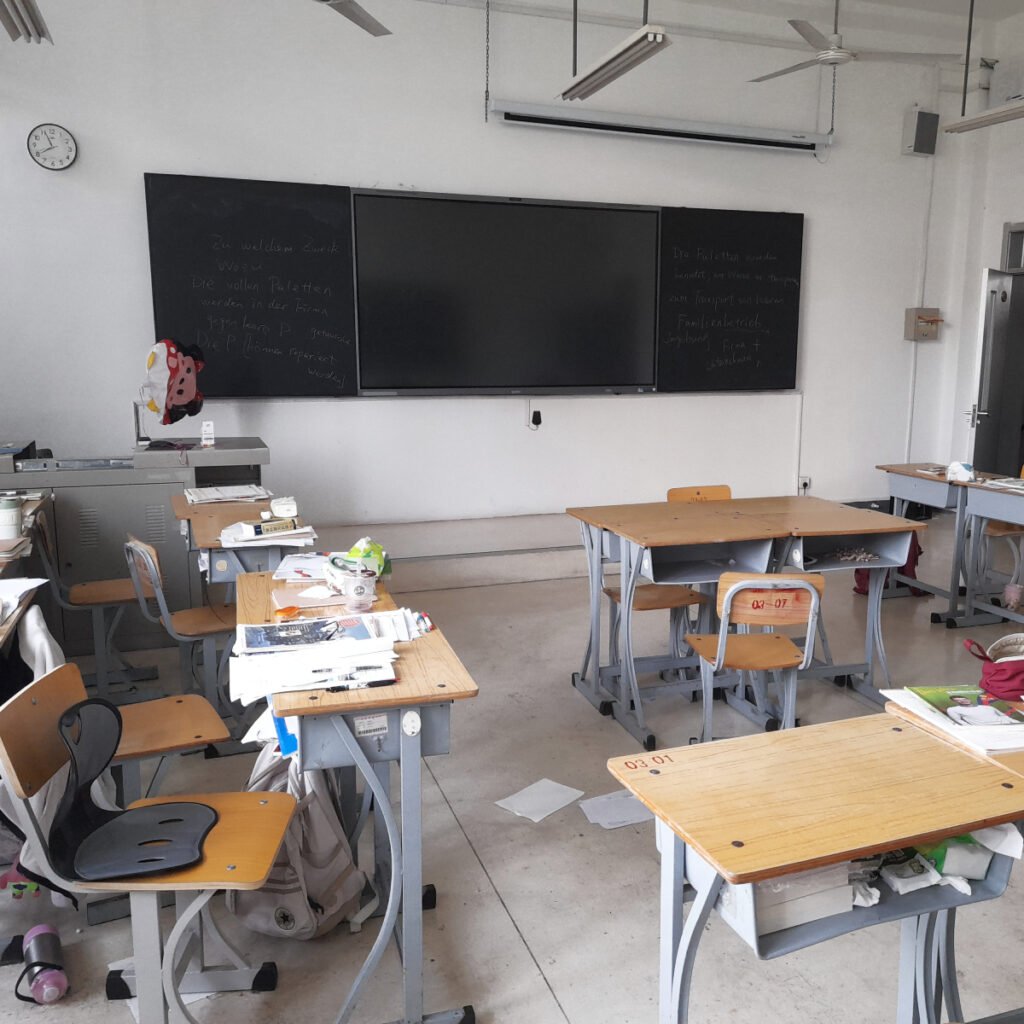
A New Chapter in Tai’an
I arrived in Tai’an about a month ago and have been able to settle in quickly. I’ve lived in China for eight years altogether, and although I wasn’t familiar with Shandong Province, I’ve lived in parts of China so different from each other that adjusting to a new place here no longer feels strange.
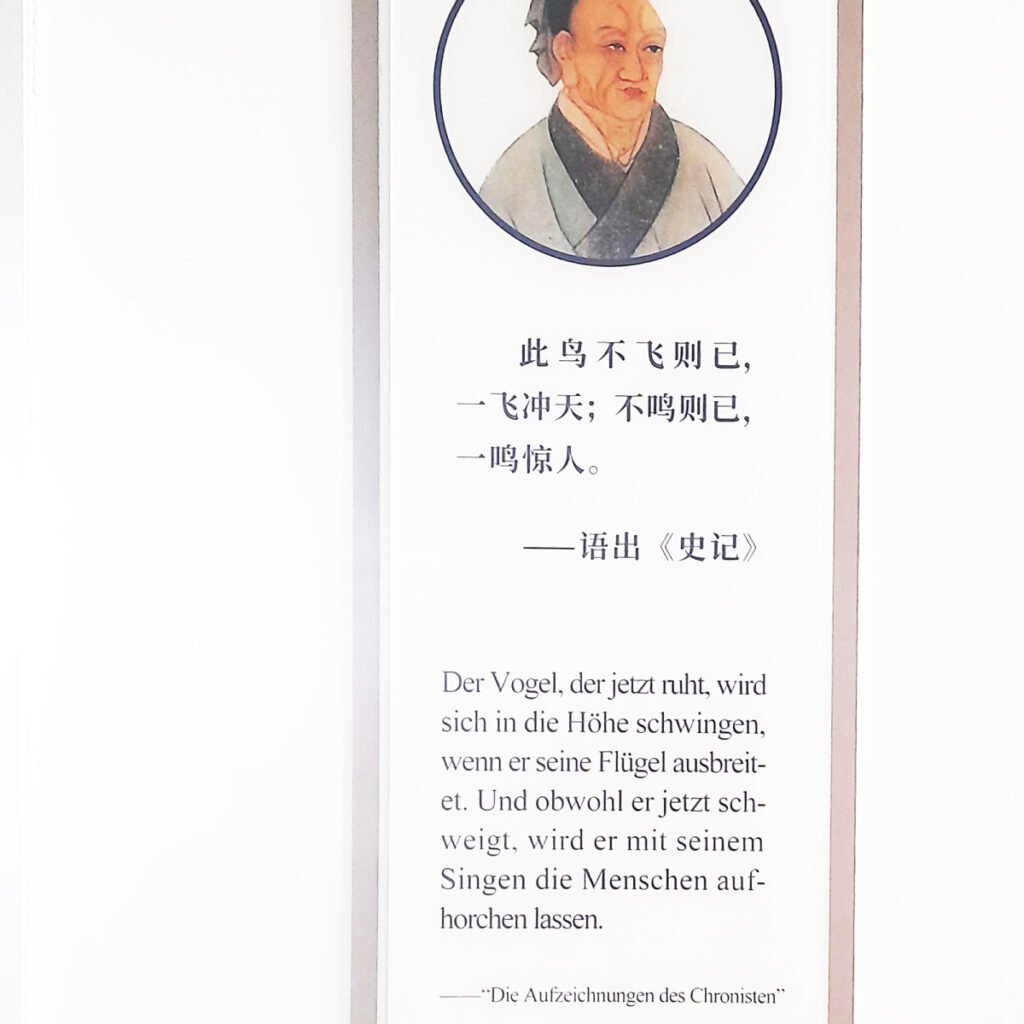
《此鸟不飞则已,一飞冲天;不鸣则已,一鸣惊人》: “The bird that now rests will soar high when it spreads its wings. And though it is silent now, its song will make people listen” (from: the Records of the Chroniclers).
Language and Belonging
I’ve also had “Chinese-ness,” if you can call it that, ingrained in me—not in the sense that I am Chinese, but in a way where the language has become a part of who I am. Speaking Chinese and chatting with people feels completely natural now.
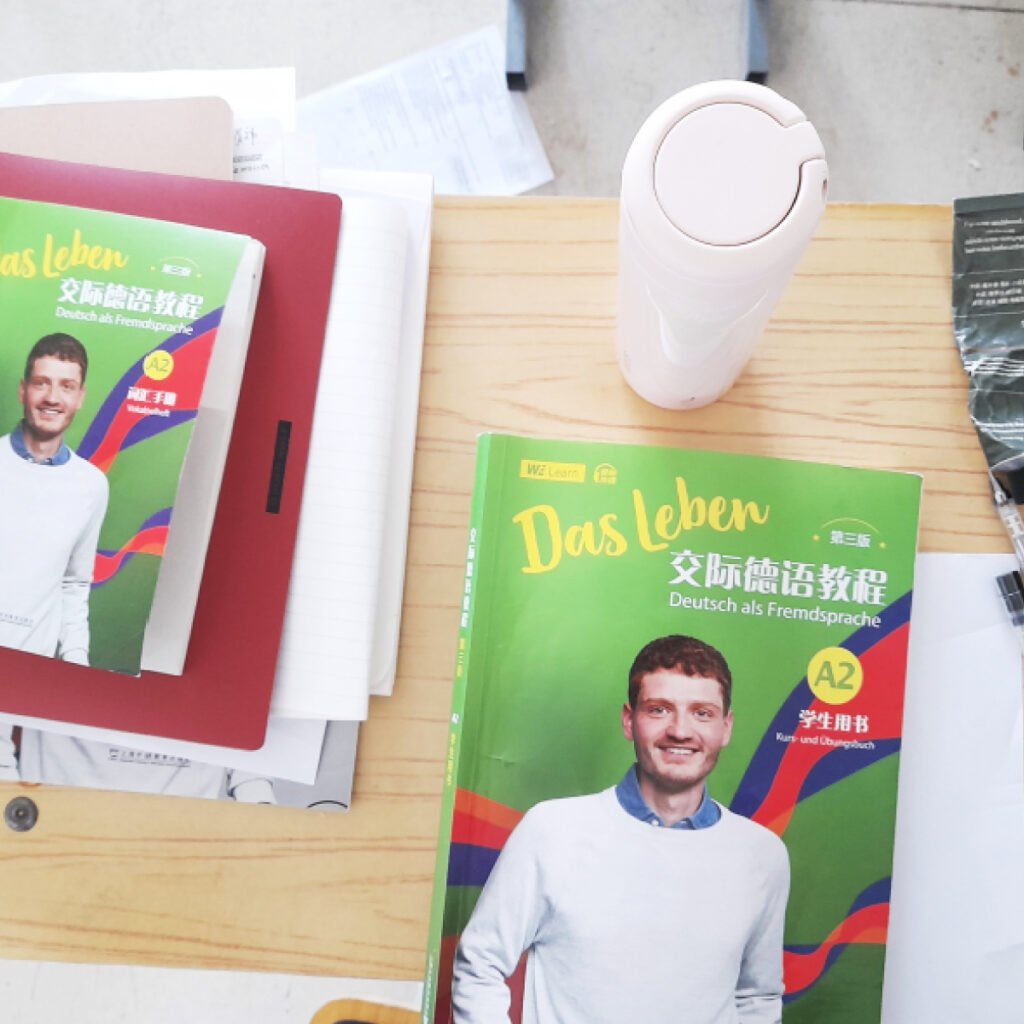
Certainly, part of that is because I have two Austrian-Chinese children. Things that might seem unusual to outsiders or newcomers usually don’t seem strange to me. Others might point out behaviors or customs they find unfamiliar, but to me, they’re simply the way things are.
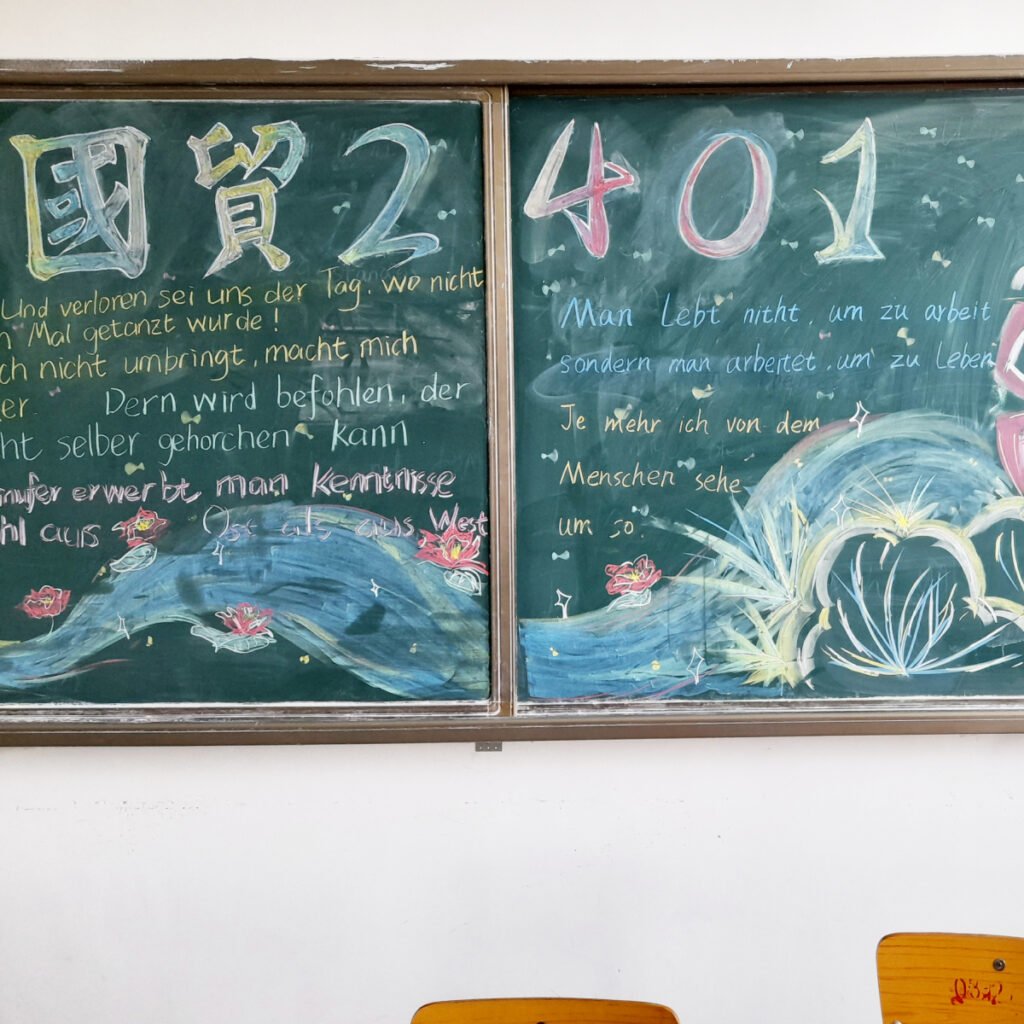
The Insider Perspective
Eight years may sound like a short or long time, depending on how you look at it. Personally, I don’t consider it very long, but over time, you change and adapt until the foreign culture and country you live in no longer feel “strange” or unfamiliar.
I used to live in Kunming in Yunnan Province, in Shenzhen in Guangdong Province, in Siping in Jilin Province, and have now moved to Tai’an in Shandong Province. The following two pictures show my department’s kitchen, obviously, another teacher (or teachers) brought a few old books with them from Germany.
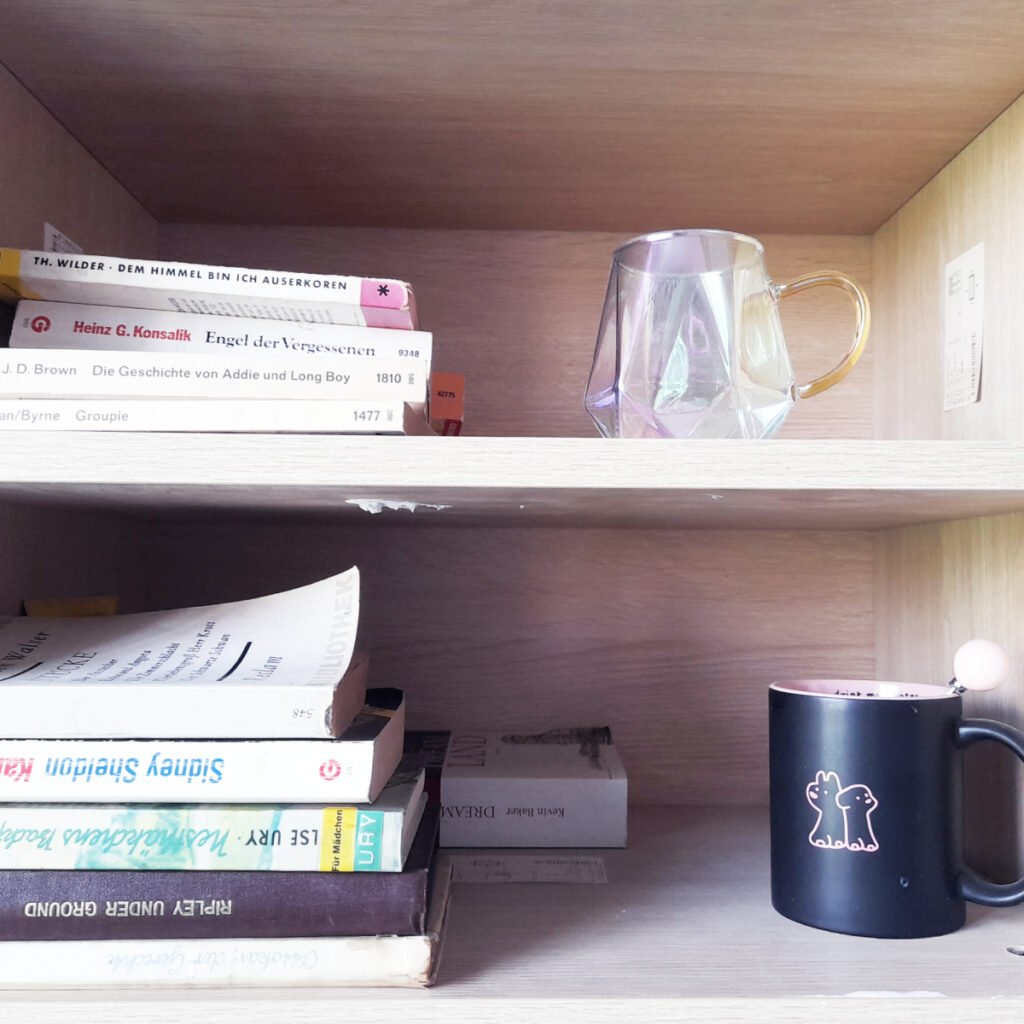
I was also married to a Chinese man and lived close to his parents, which probably played a role in me accepting China as a part of my life. Not in the sense that I feel Chinese, but rather that it no longer feels strange, weird, abnormal, or too different from what I’m used to. To me, it feels normal.
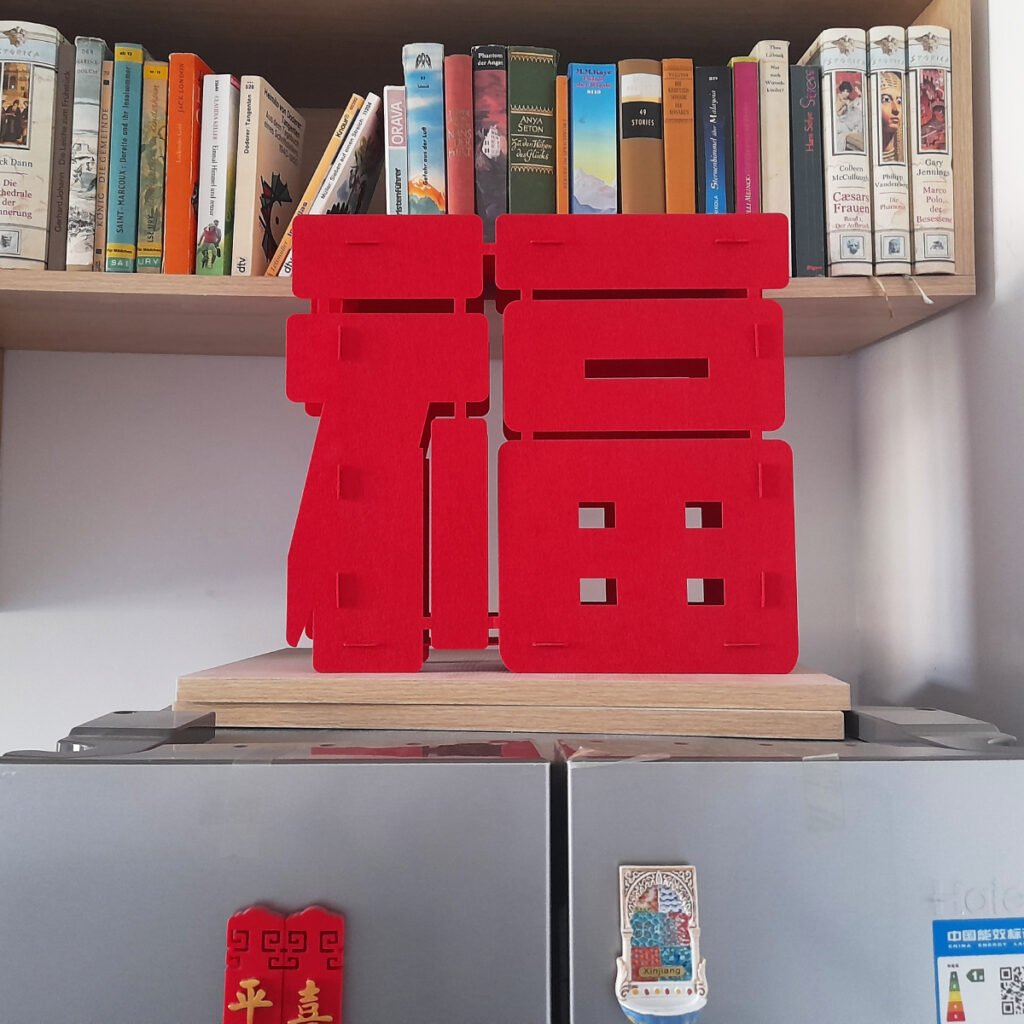
People here live their lives in a normal way. To me, they have ordinary houses, customs, and traditions—even if they might not seem “normal” to others. They speak a language that, for me, feels entirely natural.
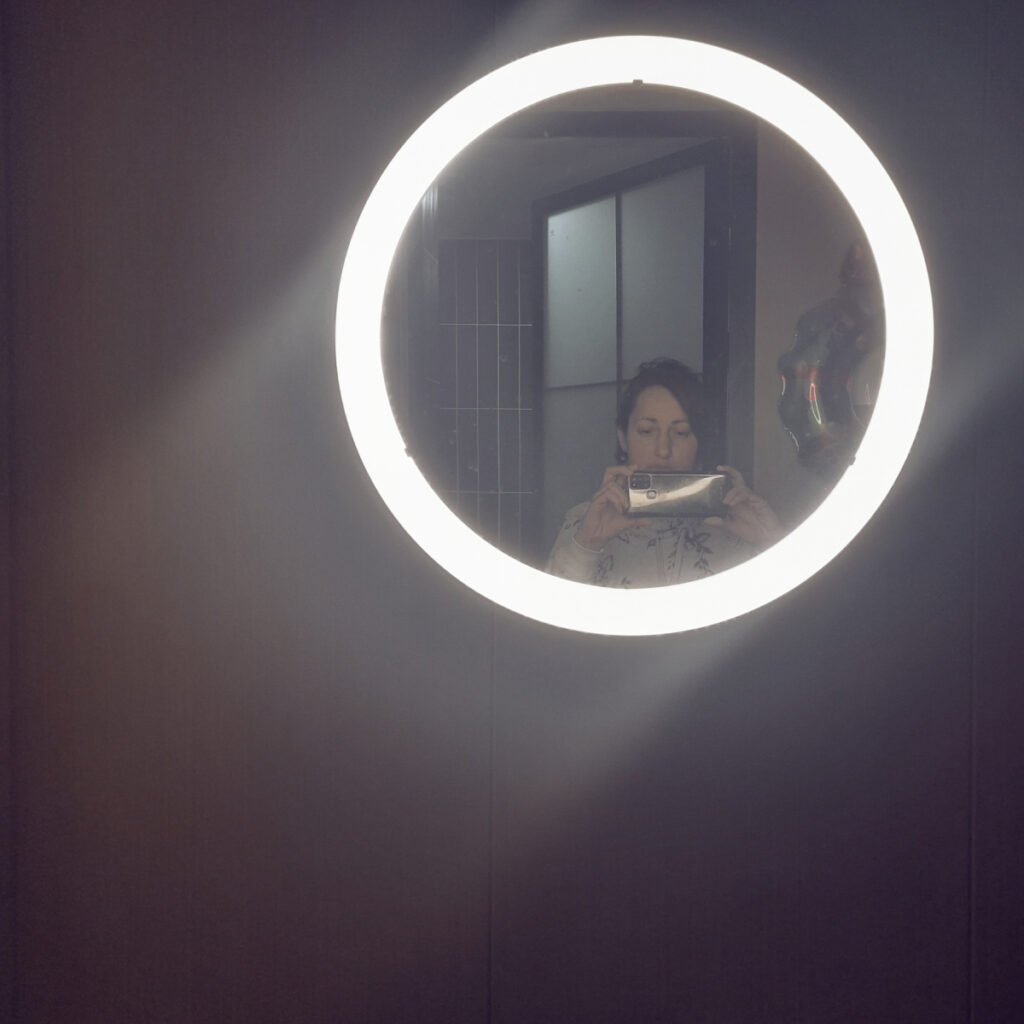
I tend to think of this as the insider perspective versus the outsider perspective. These two viewpoints are completely different. The insider perspective means you’ve been part of a Chinese family and had to adhere to certain social norms that others usually don’t experience. You were connected to Chinese life through a deep personal bond—marriage, in-laws, and children. You weren’t just teaching or working here; you were living with a Chinese partner and extended family. That’s the inside view. It’s something you can only truly gain through those experiences—you don’t get it just by living in the country.
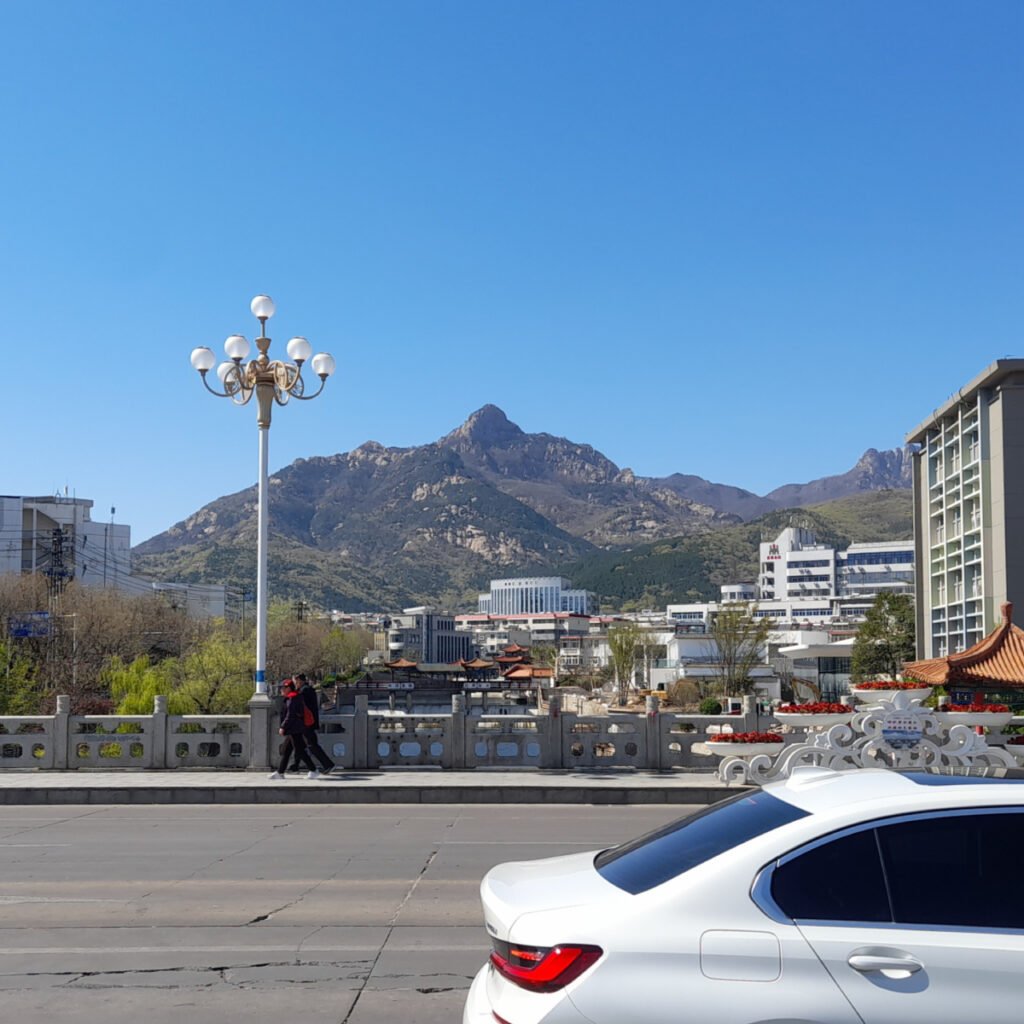
Teaching, Culture, and Community
I enjoy teaching my students. There are a few other German teachers here as well, sent from a university in Germany that partners with the local university. I went out recently with one of them, visited a few places, and chatted with some Chinese people. It’s been a pleasure experiencing this city—a place where, like in many parts of China, strangers are friendly and enjoy talking. That’s a part of Chinese culture I really appreciate.
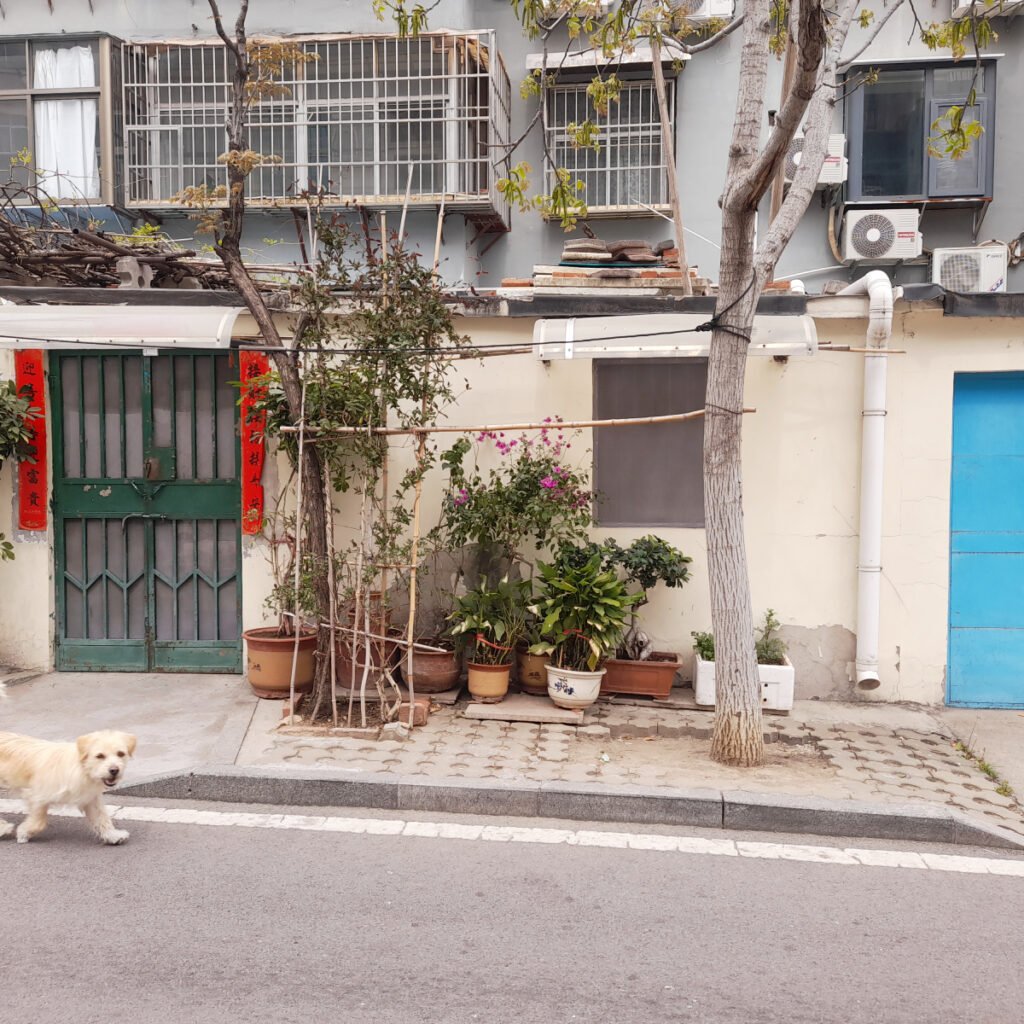
A Beautiful City
The campus is absolutely stunning. It’s very green, with lots of plants and trees, and a few older buildings. It’s set against the backdrop of Mount Taishan, and I feel lucky to have ended up in Tai’an—a city I hadn’t known before. It’s clean, friendly, and a beautiful modern city.
Have you ever moved abroad?